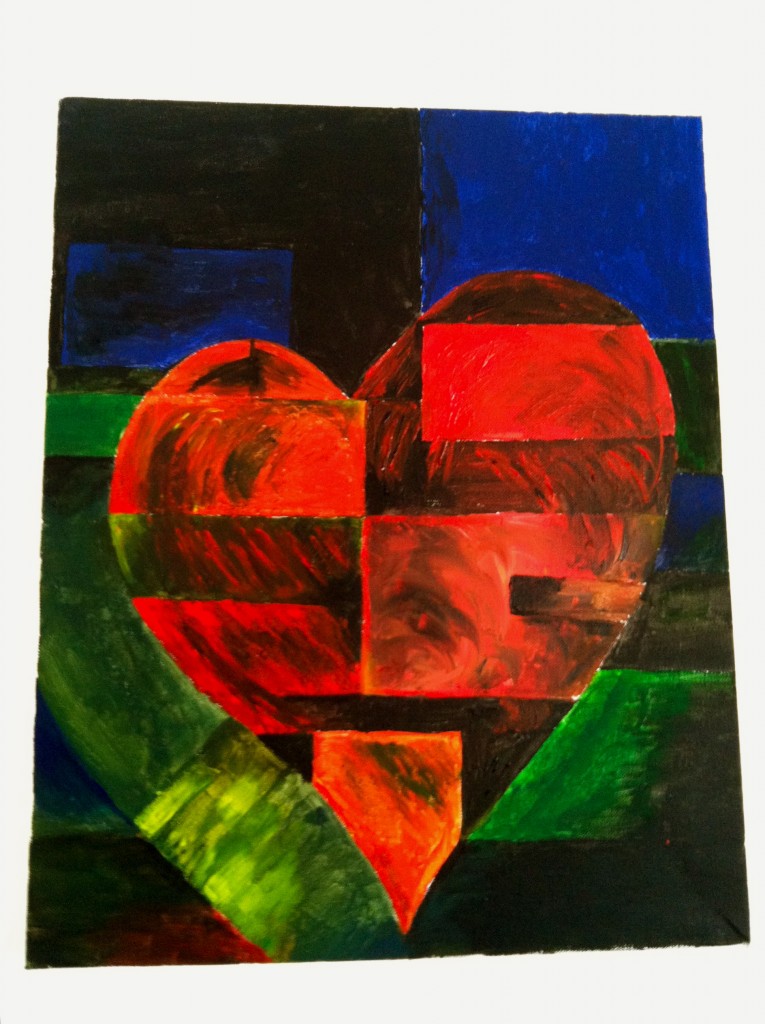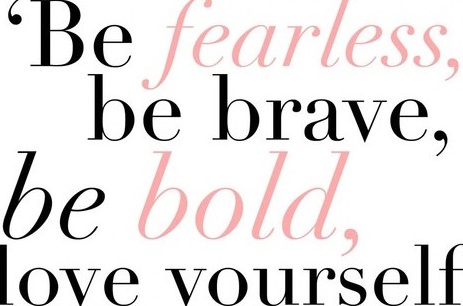
by Pri
Every year, when Feb. 14 comes around women turn into this “love making,” “I want it all…flowers, candy, cards, sex…” people. Men turn into cheesy, romantic people, all in hopes to tell the one they’re with, that they do indeed think about them, care, or may even love them.
But what many people don’t realize is, Valentines Day is a day to show love to those around you. I’m going to let you in on a little secret: you DON’T have to be in a relationship, a partnership, or friends with benefits to give and receive love. It’s always nice to have someone tell you that they care, or give you flower, candy, a card, but you don’t NEED them.
If this Valentine’s day you’re single, don’t spend the day “wallowing” in the idea that “you’re all alone,” while listening to Céline Dion’s “All by myself” and eating a tub of ice cream. Instead, celebrate the idea that you love yourself. And don’t forget to love your family and the friends around you.
The idea that a person can spend a day, dedicated to loving themselves, may sound a bit “sad” and “pathetic,” but why? As women, we sometimes forget to be independent and love ourselves. So why can’t we celebrate our love for ourselves on a day dedicated to love? There’s nothing wrong with that!
So, all the single women out there, buy some flowers for yourself or for your girlfriends. Or buy chocolate made in shapes of hearts and watch romantic comedies. Make a home cooked meal, or go out and celebrate with your girlfriends. This day is meant to be shared with those you love around you, not just a significant other. So have fun, be sexy and let yourself feel loved.
If you’re one of those people who are in love, or in that “I care about you, but I’m not in love with you just yet” phase then be grateful. You have the ability to make someone smile, feel special, and in return you feel special and smile. Take this Valentines Day to make your partner, or “friend” feel special. If you’re “friend” isn’t physically with you, set up a Skype date: drink wine and watch a movie via webcam. Send flowers. If you’re “friend” is with you, make dinner, and plan a romantic evening that’s followed by “sexy time.” Embrace the chemistry between each other, and no that doesn’t mean just sex. (If you are ready for that stage, by all means go for it, however, for those people who aren’t at that stage yet, you can still have “ sexy time” without having sex).
Here are some tips on how to make your “sexy time” safe and fun.
· Light the room with candles. It’ll set the mood and create a romantic atmosphere
· Find music that will create some intimacy between you and your partner.
· Kiss. Kiss. Kiss. A kiss is a sign of attraction, and the way you kiss is a sign of your chemistry compatibility. Let your lips do the talking.
· Play “bedroom” games. Get creative. Make it fun.
· Give your partner a sexy massage. Use massage oils to help relax the muscles and let your hands work their magic.
· Remember, if you choose to take “sexy time” to another level, make sure you use protection. (As women, you can bring protection yourself, or believe it or not, there are female condoms out there.)
Be smart, hip, beautiful and sexy at the same time!
Regardless of your relationship status, enjoy this Valentine’s Day. Let yourself be happy by loving yourself and those around you.
Image Source: http://blog.goalsponsors.
Feature Image Source: Provided by Jisha Jacob





